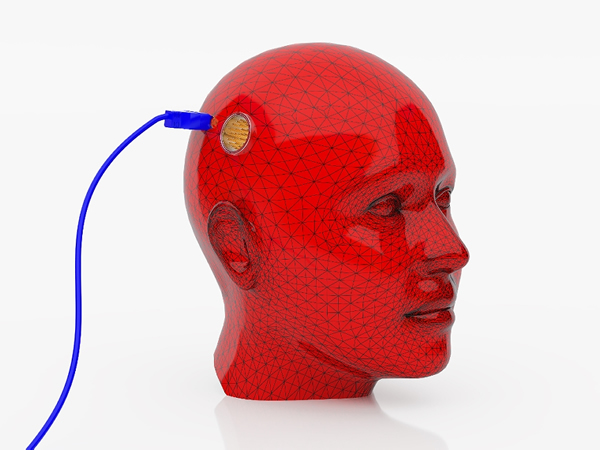ATD Blog
Talent Management of the Future: A Brave New World?
Tue Jun 25 2013

“O, brave new world
that has such people in't!”
—William Shakespeare
As we’ve seen in other articles in this blog series, neuroscience has many practical applications in fields such as education, marketing, law, and human capital management. This explosion of popular interest in neuroscience coincides with our recently improved ability to understand the physical nature of human thought and behavior.
Dr. Martha Farah writes on the topic of neuroethics, exploring how these new applications may raise concerns regarding how we are treating the brains of our fellow humans. Let’s think for a moment about what our world might look like in the not-too-distant future.
The future of human capital management
Talent management may start employing brain enhancing drugs to improve employees’ productivity and focus. While the thought of this may make many of us cringe, it is a likely trend given that studies report somewhere between 15 percent and 25 percent of college students currently are using prescription drugs to improve their performance in school. Workers in the military, Silicon Valley, and other high-pressure jobs also are using drugs to enhance performance, stay alert for long periods of time, or improve memory. And in these markets, the drugs sometimes are dispensed by, or at least approved by, the employer.
Other companies are investigating how drugs can manipulate the emotional centers of the brain, making it possible to create workers who are more positive, competitive, confident, or some other emotion that is considered desirable in the workplace.
Products like Google Glass already are available, changing the way we interact with the world, access and store data, and develop our brain’s sensory and information processing systems. Reality and perception as we know it today will change. And in the very near future.
The question we must face
The question facing every one of us in human capital management today is this: Are you ready? Do we have any idea how we will incorporate these new discoveries into the workplace, or if we even want to do so? It seems to me that taking advantage of neuroscience in business puts us at a risk of crossing an ethical line that was not even on our radar a few years ago. If we do decide to cross it, we should at least be sure we know where we are going after that first step.
How do you see it? Let’s explore neuro-ethics together.
Additional resources
Full Text of Brave New World, Aldous Huxley.
Neuroethics in Society – The Nobel Conference, Dr. Martha Farah, University of Pennsylvania.
Could ‘smart’ drugs make us more productive? Thebrainbank. February 18, 2013.
For more on neuroscience applications for human capital, check out the full blog series here.
